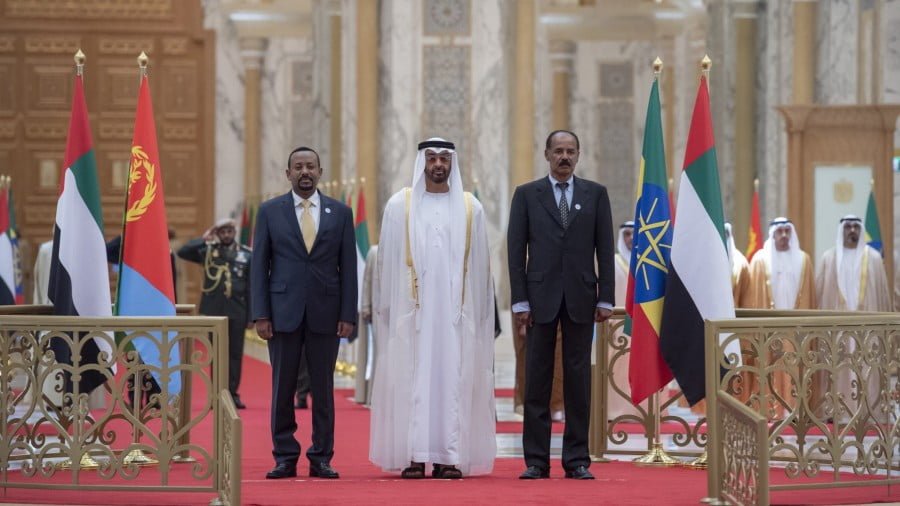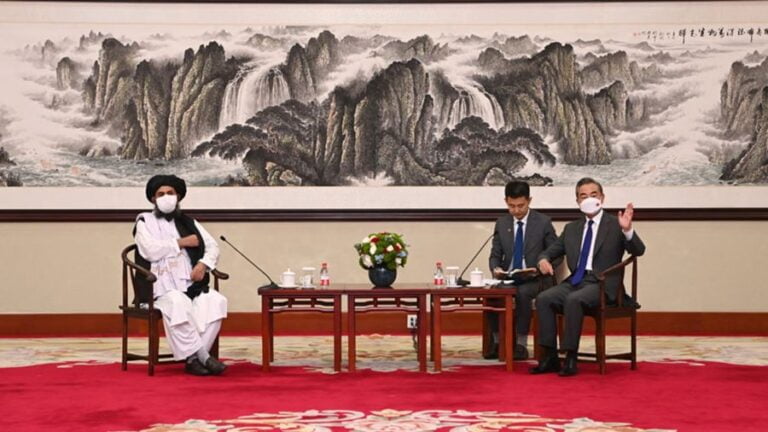The UAE’s Ethiopian-Eritrean Mediation Confirms That It’s a Transregional Power
UAE Crown Prince Sheikh Mohammed bin Zayed al-Nahyan awarded the eponymous Order of Zayed to the leaders of Ethiopia and Eritrea for their fast-moving achievements in ending the two-decade-long conflict between their countries, highlighting the Emirates’ previously silent role in mediating between the two sides and underscoring its rise as a transregional power in the strategic Horn of Africa region. Abu Dhabi was able to skillfully leverage its military deployments in Yemen, Eritrea, and the self-proclaimed state of Somaliland to acquire influence over the landlocked giant of Ethiopia, which saw it not just playing a peace-broker role between Addis Ababa and Asmara but even partnering up with the former in a joint port project in Somaliland’s Berbera and recently injecting $3 billion of much-needed cash into its economy in order to stave off a looming foreign currency reserve crisis.
For as geopolitically enterprising as the UAE is, none of this would have been possible had it not been for Ethiopia’s new Prime Minister Abiy Ahmed, whose done more to shake up the stalemated state of affairs in his country and the Horn of Africa region than anyone else in over a generation, though it nevertheless shouldn’t be overlooked in hindsight how the UAE contributed to advancing his vision. As it currently stands, Abu Dhabi’s growing sway over Ethiopia remarkably resembles the influence that it and Riyadh wield over nearby Egypt. This similarly sized Arab giant was also saved from an economic catastrophe by the GCC, and its recent rapprochement with Ethiopia over the Grand Renaissance Dam dispute might have even been facilitated by the UAE as well, seeing as how the Gulf State had a hidden hand in assisting Ethiopia’s peacemaking efforts with Eritrea.
Altogether, the prime takeaway from the UAE’s hosting of the Ethiopian & Eritrean leaders and its awarding of the highest state honor to each of them is that Abu Dhabi is signaling to the world that it’s capable of punching well above its geopolitical weight and has indisputably become a transregional Great Power in spite of its tiny size. Conceptualizing the Emirates as a corporation instead of a country helps to make sense of how it was able to pull this off, and the emerging long-term result is that a regional security complex is now forming between the Arab Kingdoms of the Persian Gulf and the Red Sea states of the Horn of Africa. From Egypt down to Somalia and Jordan all the way to Oman, the GCC’s expanding sphere of influence is rapidly reshaping the strategic situation in the central pivot space of Afro-Eurasia.







